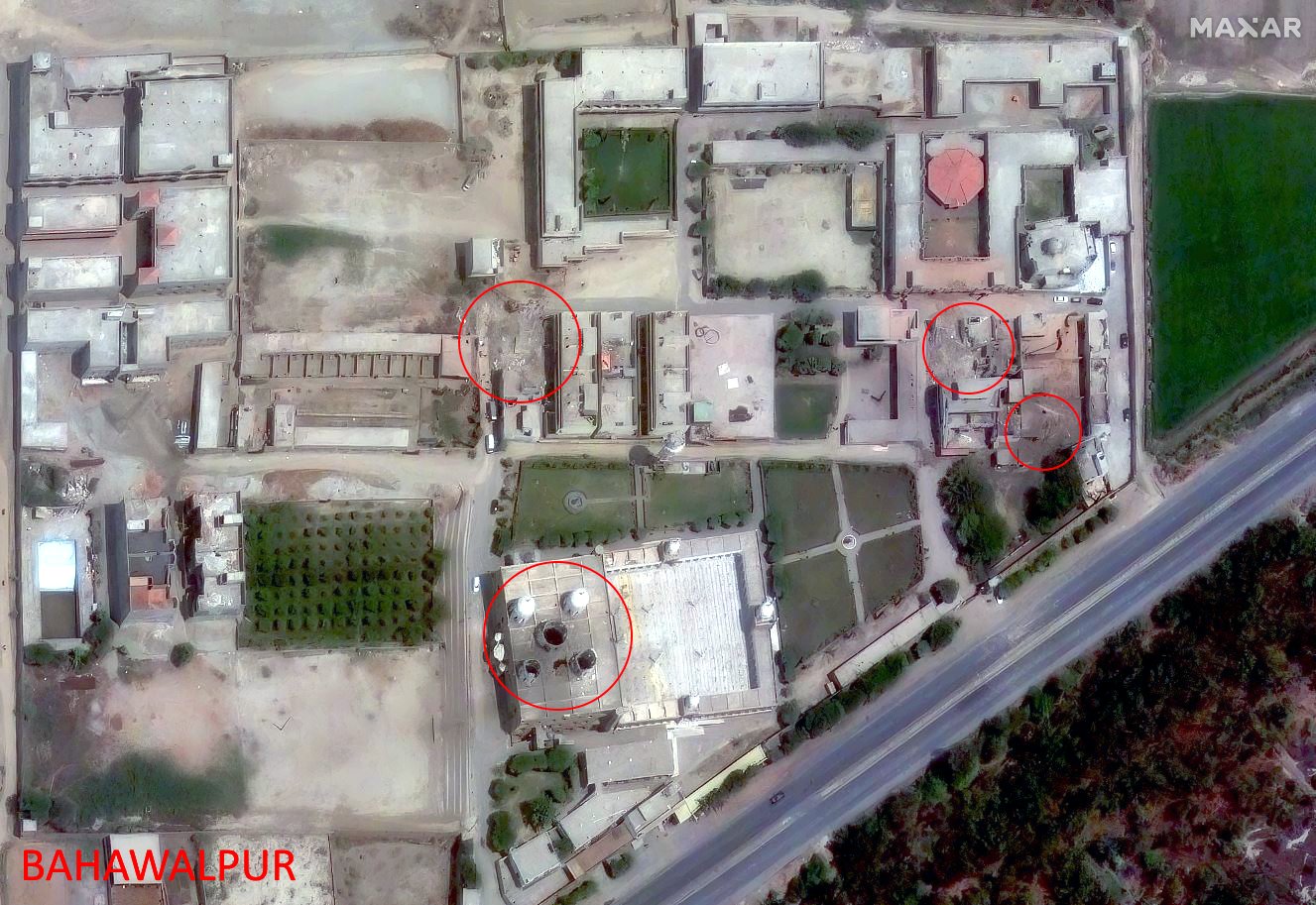Dear Express Reader Two reports from last week, read together, say some large things about present-day politics. The first is this paper’s report on the BJP fine-tuning its social engineering ahead of the 2024 Lok Sabha polls in the politically crucial states of Uttar Pradesh and Bihar. Apprehensive about an erosion in its OBC base, which seemed apparent from its tally in the last assembly election in UP, the BJP is attempting to counter it by reaching out more purposefully to the lower backwards or the EBCs, the non-Jatav SCs and the Pasmanda Muslims. The last outreach — to the Pasmanda or backward Muslims — is more evidence of the BJP’s ability to think strategically, and to even throw its “labharthi” net across a dividing line it has stoked and deepened, for electoral advantage. That is, the BJP’s playing of the backwardness card across the Hindu-Muslim faultline, its promise to make backward Muslims its government’s “beneficiaries”, shows how the party uses both the politics of division and its opposite, the politics of aggregation, for its benefit. Now, cut to Maharashtra, where Rahul Gandhi, in the course of his Bharat Jodo Yatra, made a remark, or rather, repeated an old allegation against Hindutva icon, Vinayak Damodar Savarkar. Speaking at an event in Washim, Rahul brought up the mercy petitions Savarkar wrote from Cellular Jail and the pension he is said to have been granted by the British. Rahul’s remarks on Tuesday, reiterated in a press conference on Thursday, triggered a spate of predictable reactions from the Senas — led by Uddhav Thackeray and by Eknath Shinde — and a rash of statements from Congressmen too. The setting and timing of this Savarkar row is significant — it is set in a state which is Savarkar’s birthplace and where he is a larger cultural figure and enduring myth. It comes at a time when Congress is trying to expand its footprint in Maharashtra with an interesting experiment, an unlikely alliance with the Shiv Sena (and NCP), even as it is increasingly isolated and shrinking in most other states. When Shiv Sena’s Aaditya Thackeray walked along with Rahul for a bit in the Maharashtra leg of the Bharat Jodo Yatra, therefore, it sent out a photo-op that Congress needs more, not less, of. It projected a unity and solidarity that it needs to build on in the fight against the BJP. Rahul would have known, how could he not, that he would be riling his ally, and rocking a partnership poised on a delicate ambiguity, when he chose to bluntly stoke an older row on Savarkar last week. The bigger point is this: When the BJP plays a politics of polarisation, it calculates on consolidating the majority behind it, and also shows agility in supplementing it and filling the gaps, when needed, with the politics of aggregation, as in the Pasmanda outreach. On the other hand, Congress raises a polarising issue only at its own peril — it potentially risks alienating the majority of the voters, and its crucial ally, while, most importantly, winning no brownie points at all for standing up for ideological principle. This is because the invocation of Savarkar during a yatra that is meant to showcase that Congress is finally taking to the street, only serves to draw attention to its ambivalence on more real, and more present, “Muslim” issues. From the unabashed and disturbing communalisation of crime in the Shraddha Walkar murder case, with Assam Chief Minister Himanta Biswa Sarma, campaigning in Gujarat, saying that an Aftaab (Poonawala) will be born in every city if the country does not have a powerful leader (read Modi), to the premature release of the 11 men convicted of raping Bilkis Bano and killing members of her family in Gujarat 2002, to the public flogging of young Muslim men accused of disrupting a garba event by policemen in plainclothes in Kheda — Congress has not thought it fit to take a loud or firm stand on any of these. In the context of this reluctance to stand with Muslims on the ground, Rahul’s loud reiteration of his position on Savarkar sounds even more out-of-touch and ill-timed. We are left with a BJP, then, that keeps the polarisation alive and also strategically blunts it now and then, on a winning streak. It is faced by a Congress that lacks credibility and political nous when it takes on the BJP on red-button ideological issues, and which does not put in the consistent hard labour of mobilisation required to stake out common ground across the faultlines. For Congress, an aggregative politics would require much more work and imagination, since it does not have the state largesse at the BJP’s command for its labharthi politics of making citizens into beneficiaries. For now, then, while the BJP seems to be benefiting from both the politics of polarisation and its opposite, Congress looks unable to either challenge the BJP on the former or to work hard enough on an aggregative politics of its own. Till next week, Vandita | 
No comments:
Post a Comment